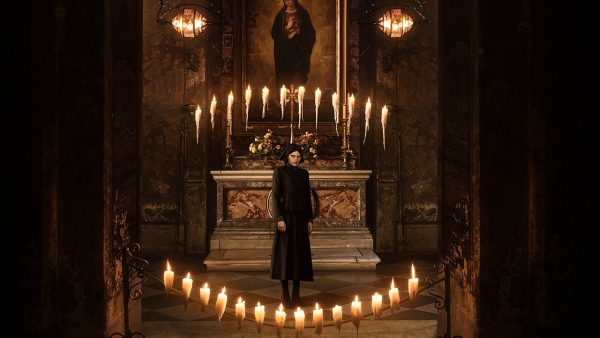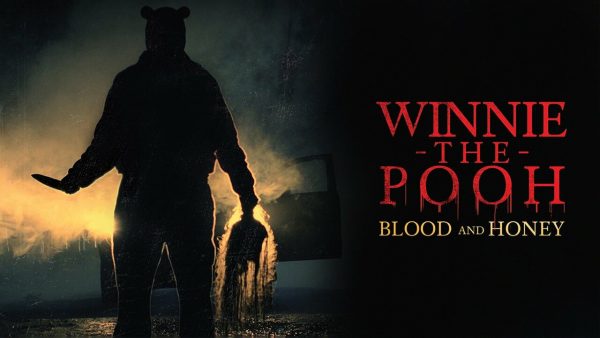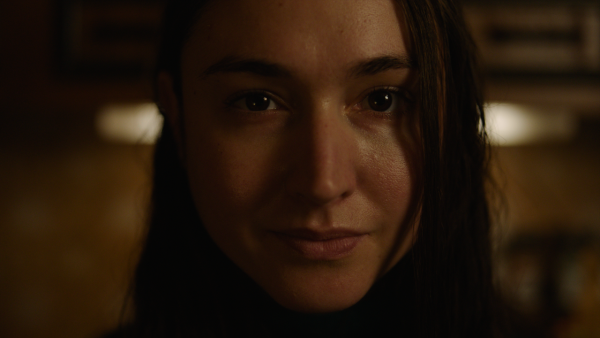Must-read novels for the summer
Go-to book recommendations
May 14, 2021
With school ending just around the corner, here are some of my favorite books to enjoy during these coming summer months.
A.S. King — ‘Dig’ ★★★★★
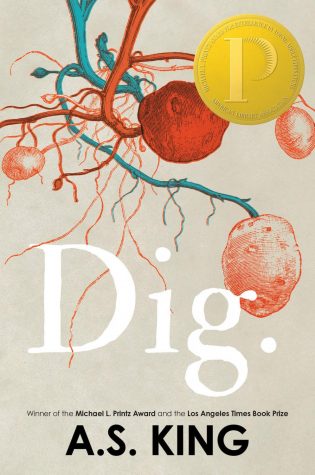
Spanning years of deceit, a story about mere potatoes ended up being much deeper than I thought it would be. Set in Pennsylvania, the story follows the perspective of five cousins — the supposed grandchildren of Marla and Gottfried Hemmings, wealthy owners of a potato farm. The story is bizarre, told in fragments of thought and individual narratives. But, don’t worry, there is an overarching plot — and it will sneak up on you, jarring and unexpected.
The five cousins have such different perspectives and lives, ensuring that it never got boring, as every character was nuanced and complex. King’s stylistic, surreal writing was also a great addition to the novel. Thinly veiled behind a veneer of bizarre names and senseless wit, the story reveals many truths on racism, colonialism and white privilege. Utilizing a non-linear narrative, nothing is as it seems. Like roots of a potato, forked and twisted, the legacy of the Hemmings grandparents is passed down.
Junauda Petrus — ‘The Stars and the Blackness Between Them’ ★★★★★
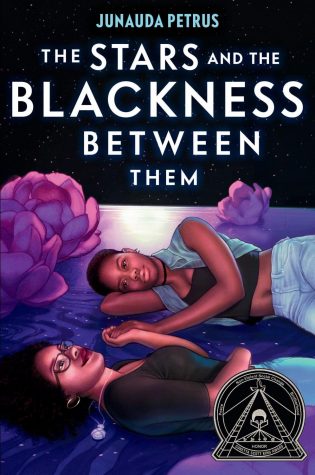
Told in split perspectives, “The Stars and the Blackness Between Them” outlines the intertwined lives of Audre and Mabel. Audre, a sixteen-year-old from Trinidad, is sent to live in America because of her constricting, religious mother. There, she meets Mabel, another Minneapolis-born teen. This was Junauda Petrus’ debut novel, and was purely authentic to her voice and style. The amalgamation of spirituality, magical realism, poetry and astrology creates a beautiful, heartbreaking love story.
It is told throughout the zodiac seasons, as each section is imbued with spirituality and love. Every character was so intense and vibrant — this was a beautiful tribute to Black, Caribbean and queer voices.
Donna Tartt — ‘The Goldfinch’ ★★★★★.
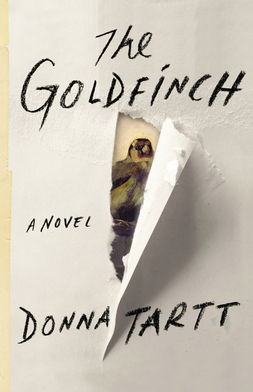
Donna Tartt’s prose remains unmatched, and “The Goldfinch” is yet another testament to her beautiful writing. Theo Decker, a young, New York boy witnesses the death of his mother in a terrorist bombing at The Met. From his youth onwards, he is plagued with guilt, and the baggage of one small, stolen, extremely valuable painting which he snatched from the museum: “The Goldfinch” by Carel Fabritius. Themes of loss, grief and addiction painted a bleak picture — but the book was no less riveting because of it. The painting’s journey is almost as arduous as Theos’; lost, and found again, you follow the young boy through his cycle of grief and acceptance as he is bounced from home to home.
The tone and pacing was absolutely brilliant. This was definitely more of a character-driven story than a plot-driven one, evident in Theo’s unique and compelling voice. Despite being a hefty 784 pages, and overall time lapsed throughout the book, I still felt very connected to this character, and his story. Even though Theo was heavily flawed, I was rooting for him all along. My favorite parts took place in the outskirts of Las Vegas, when Theo meets fellow delinquent Boris Pavlikovsky. The tension Tartt creates in the scenes, even if you already know what’s going to happen, is excruciating in the best way. “The Goldfinch” will always hold a special place in my heart.
Neil Gaiman — ‘The Ocean at the End of the Lane’ ★★★★★
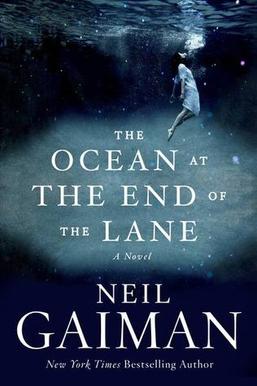
As expected by Neil Gaiman, creator of “Coraline”, “The Ocean at the End of the Lane” was a strange, sinister masterpiece. The story is written in an off-beat cadence — the normal story structure was forgone, in its place were weird interludes and creatures that lurked just below the surface of reality. Perpetuated in a strange and haltering tempo, this was definitely an odd one: a man returns to his hometown in Sussex to attend a funeral, and once home, memories from his childhood come flooding back; in his youth, after several unfounded deaths, the young boy’s life had taken a fantastical twist.
While reading, the atmosphere was creepy and downright melancholic, which worked even though the story was so short. In a book where ponds can become oceans, and wishes into monsters, you realize anything can happen. By blurring the lines between what’s real, and what could be attributed to childhood imagination, an element of mystery was added — although nightmarish and dark at times, I found this to be beautifully nostalgic.






